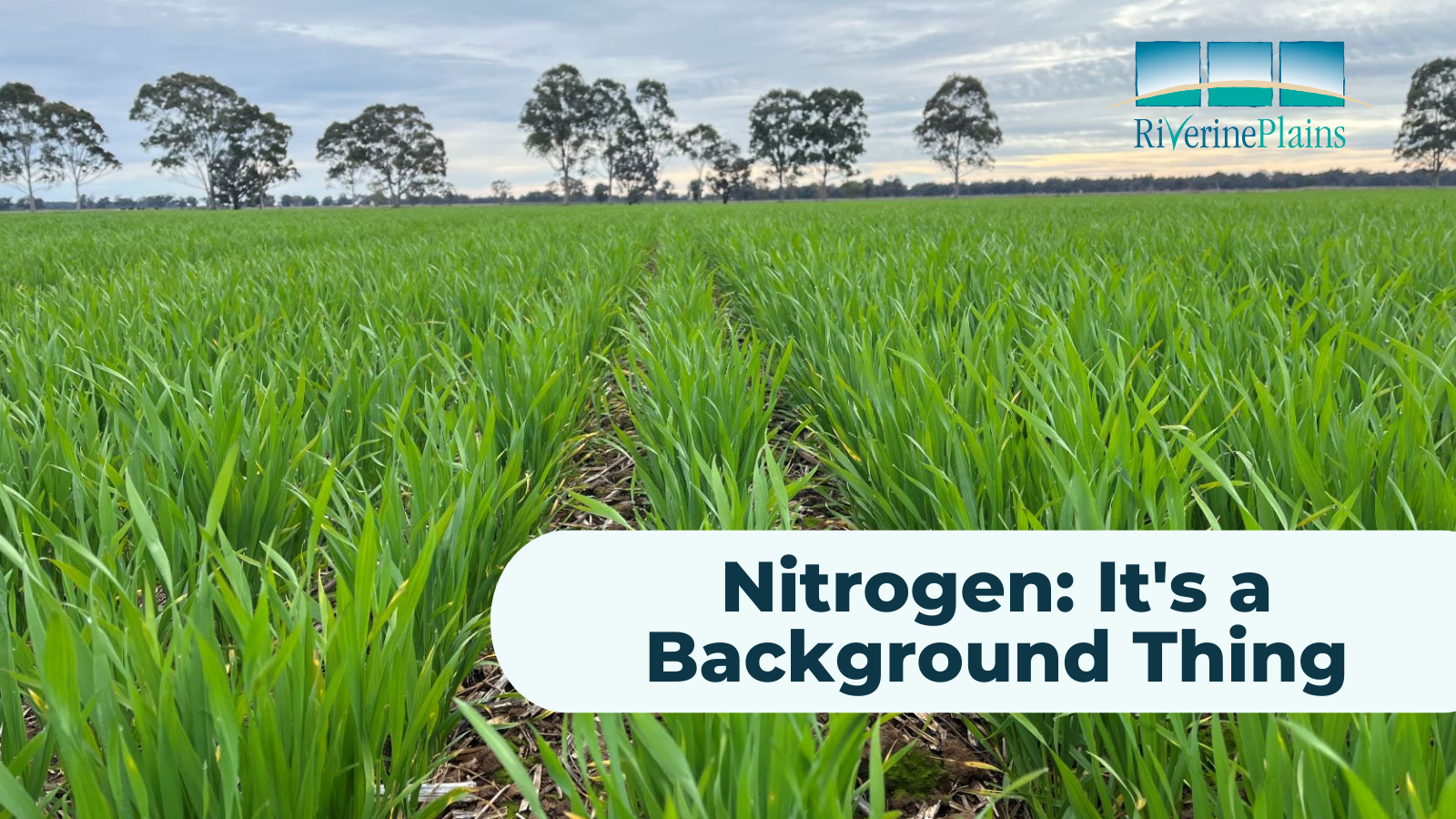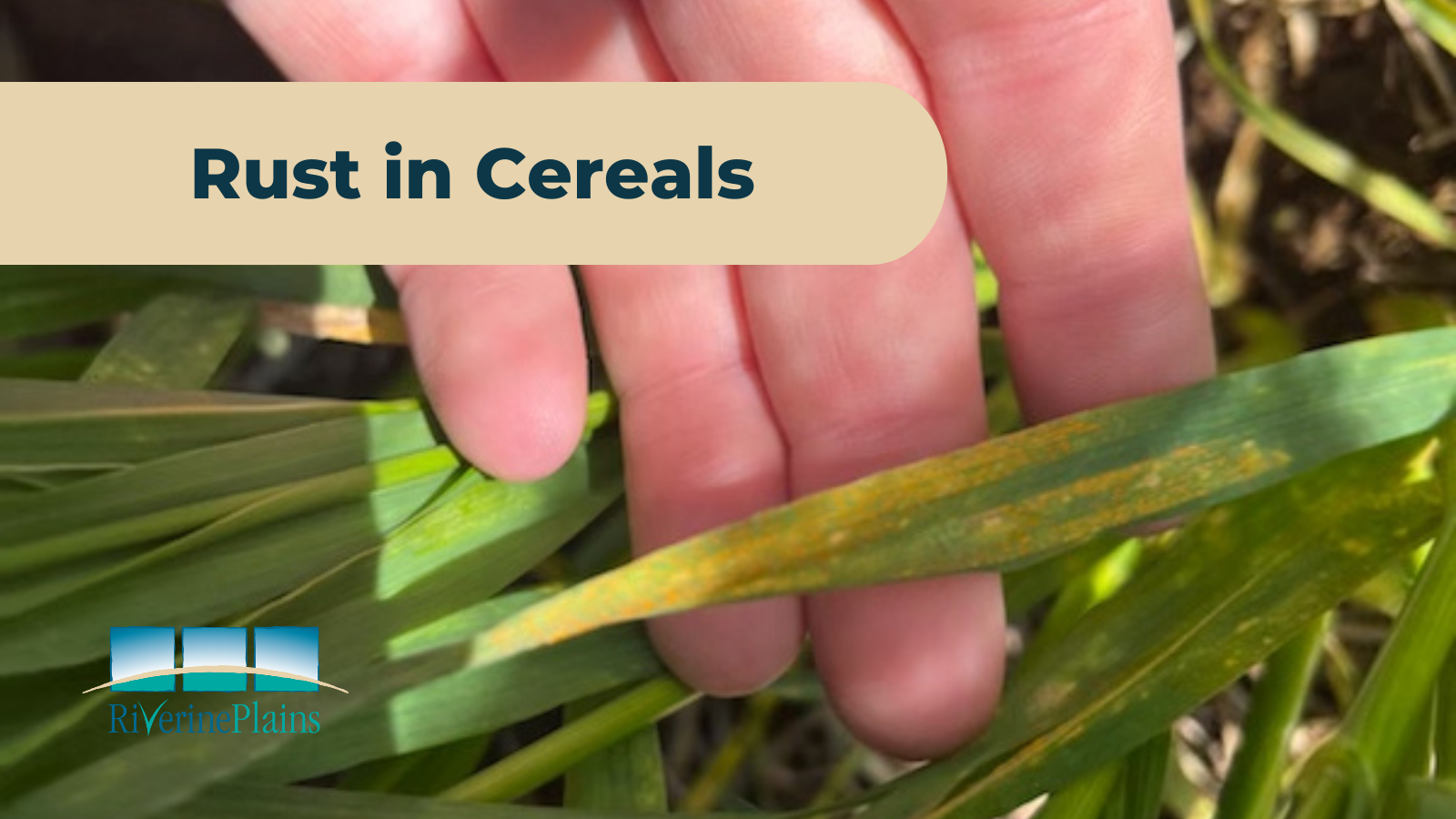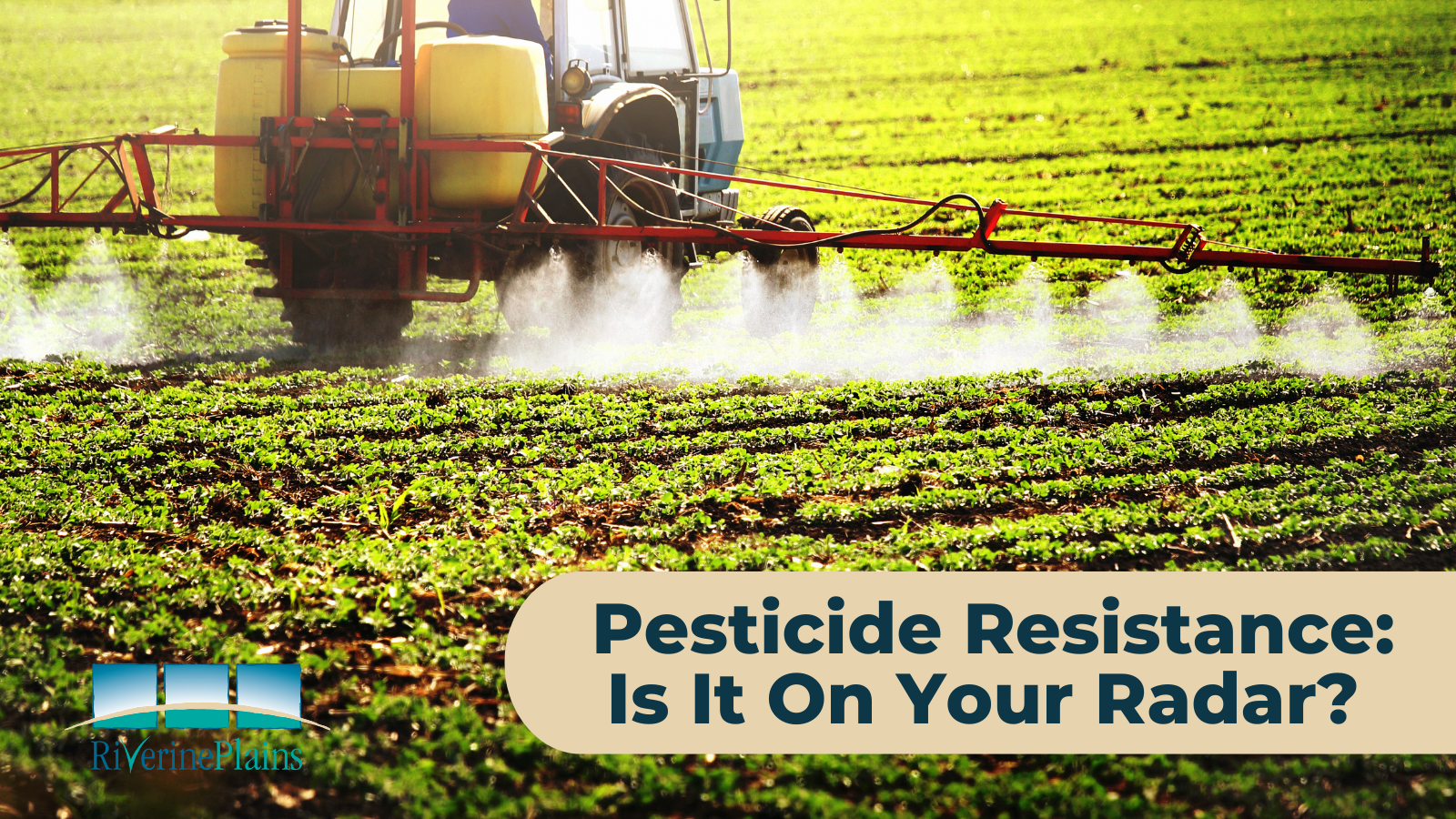How Can We Manage and Improve Our Soil Carbon Levels?
Key Messages:
- Carbon is present in the soil in many different forms.
- Including a pasture phase and pulses/legumes in the cropping rotation is essential to improve soil organic matter and nitrogen levels, promote microbial activity and ultimately increase soil organic carbon.
- Evaluating management practices to increase soil carbon is necessary to ensure they are economically viable for a farming business.
- Several environmental factors (rainfall, evaporation, solar radiation, and temperature), as well as soil type, nutrient availability and land management influence maximum soil organic carbon storage capacity
What Is Soil Carbon?
Soil carbon can occur in organic and inorganic forms.





